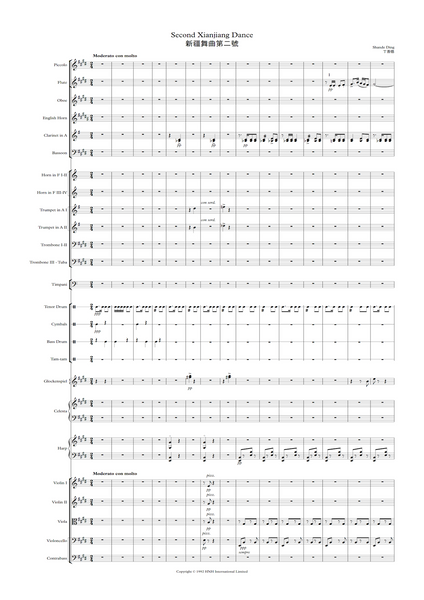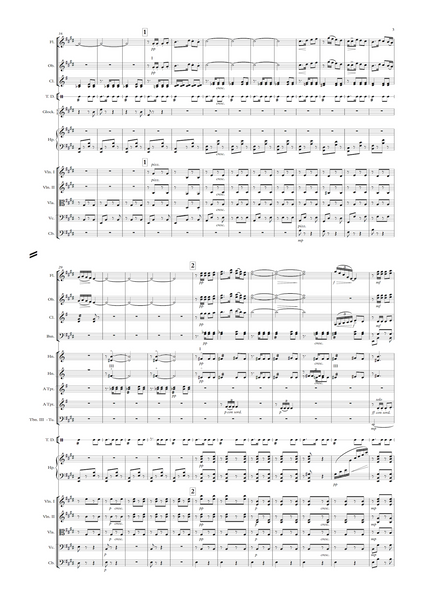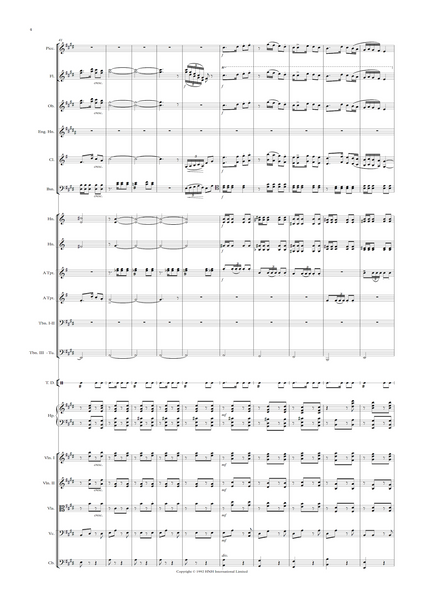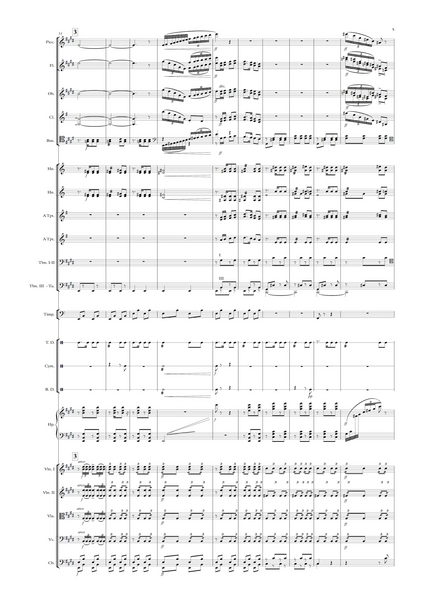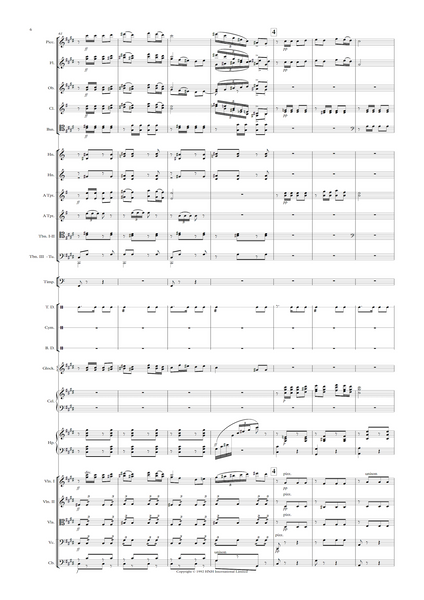Ding Shande: Xinjiang Dance No. 2, Op. 11 丁善德: 新疆舞曲第二號 – full score (NXP041)
Sheet music edition. Choose your format from the selection above.
Instrumentation: 2+1. 2+1. 2+1.2- 4.2.3.1 - timp - perc (tenor drum, cymb., bass drum., tam-tam., glock.) - celesta - hp - str.
18 pages
Audio sample
Second Xinjiang Dance (新疆舞曲第二號) was originally a piano piece, composed in 1955.
Ding Shande has a great interest in Xinjiang folk-songs and has repeatedly drawn materials from them for his various forms of compositions. The music is exquisitely lyrical and unrestrainedly ardent.
By combining a variety of chords, modality and tonality, it expresses the Xinjiang people’s happy life, full of song and dance. The Soviet conductor, Zhilichyev, who was giving lectures in China from 1957 to 1958, showed such interest in the piece that he orchestrated it.
Ding Shande (丁善德) (1911–1995)
A Chinese composer and teacher, Ding Shande was born in Kunshan, Jiangsu, in 1911. Nurtured on folk music, he began to study the pipa when he was a child.
In 1928, he entered the Shanghai School of Music, studying the pipa and the piano. He then went on to major in the piano and, at the same time, studied composition with Huang Zi. After the War of Resistance against Japan, he established the Shanghai Music Society, took charge of its administration and pursued his musical education.
In 1947, he entered the Paris Conservatoire, studying composition with Boulanger. After returning to China in 1949, he worked for many years as Deputy Director of the Shanghai Conservatory and Dean of the Composition Department. Many celebrated musicians, such as pianists Zhu Gongyi and Zhou Guangren, harmonica-player Huang Qingbai, composers Zhou Wenzhong, Chen Gang and Wang Ming are his students. Besides, he has often been invited as a member of the jury for various international piano competitions.
His representative works include the symphony Long March, the symphony suite New China, the cantata Ode to the Huangpu River, the piano pieces Children Suite, First Xinjiang Dance and Second Xinjiang Dance, Symphony Overture, Piano Trio in C major, Piano Concerto in B-flat major, the symphonic poem Spring and the song cycle A Copy of West Yunnan Poetry.
Ding Shande died in 1995






